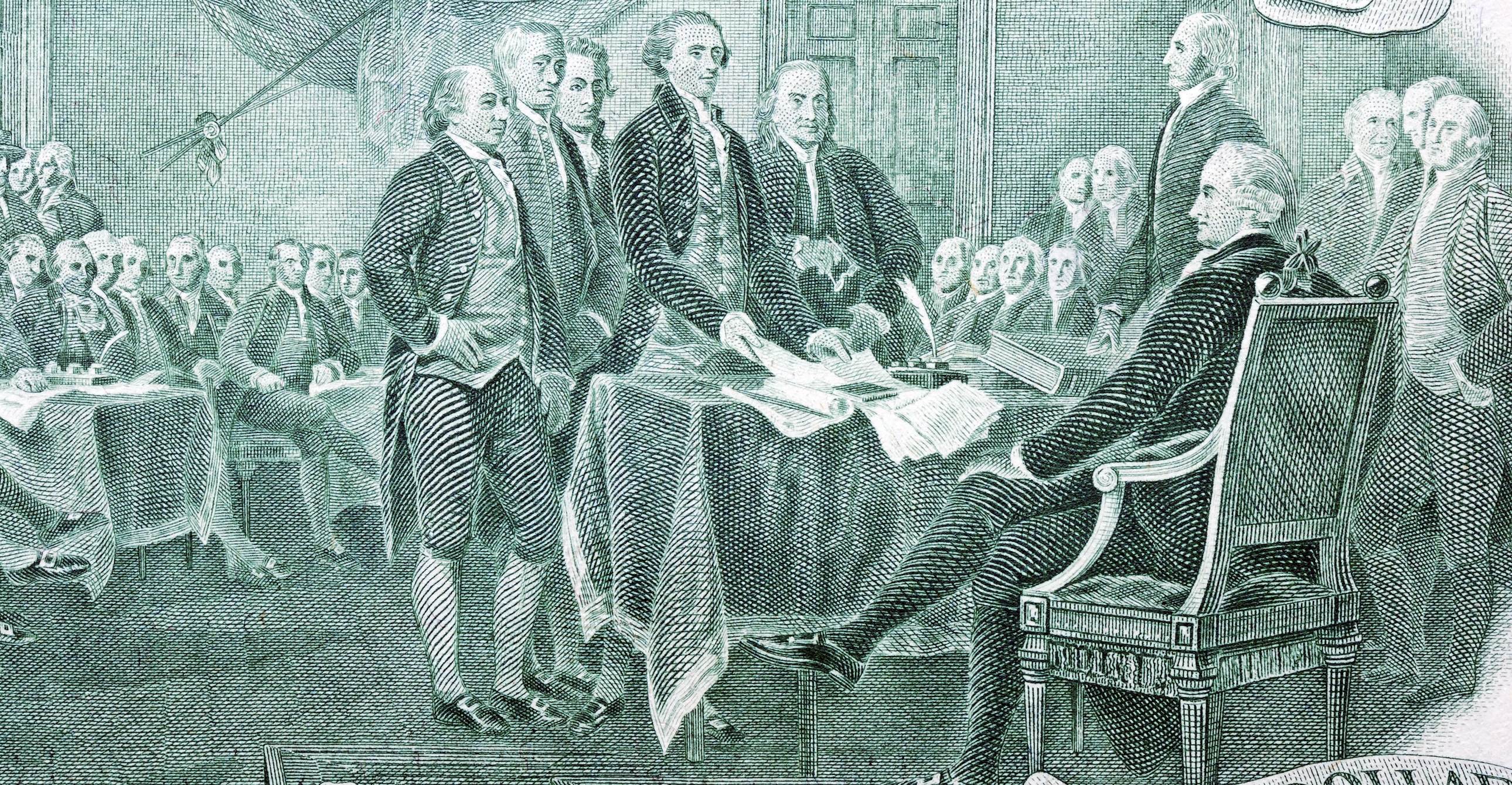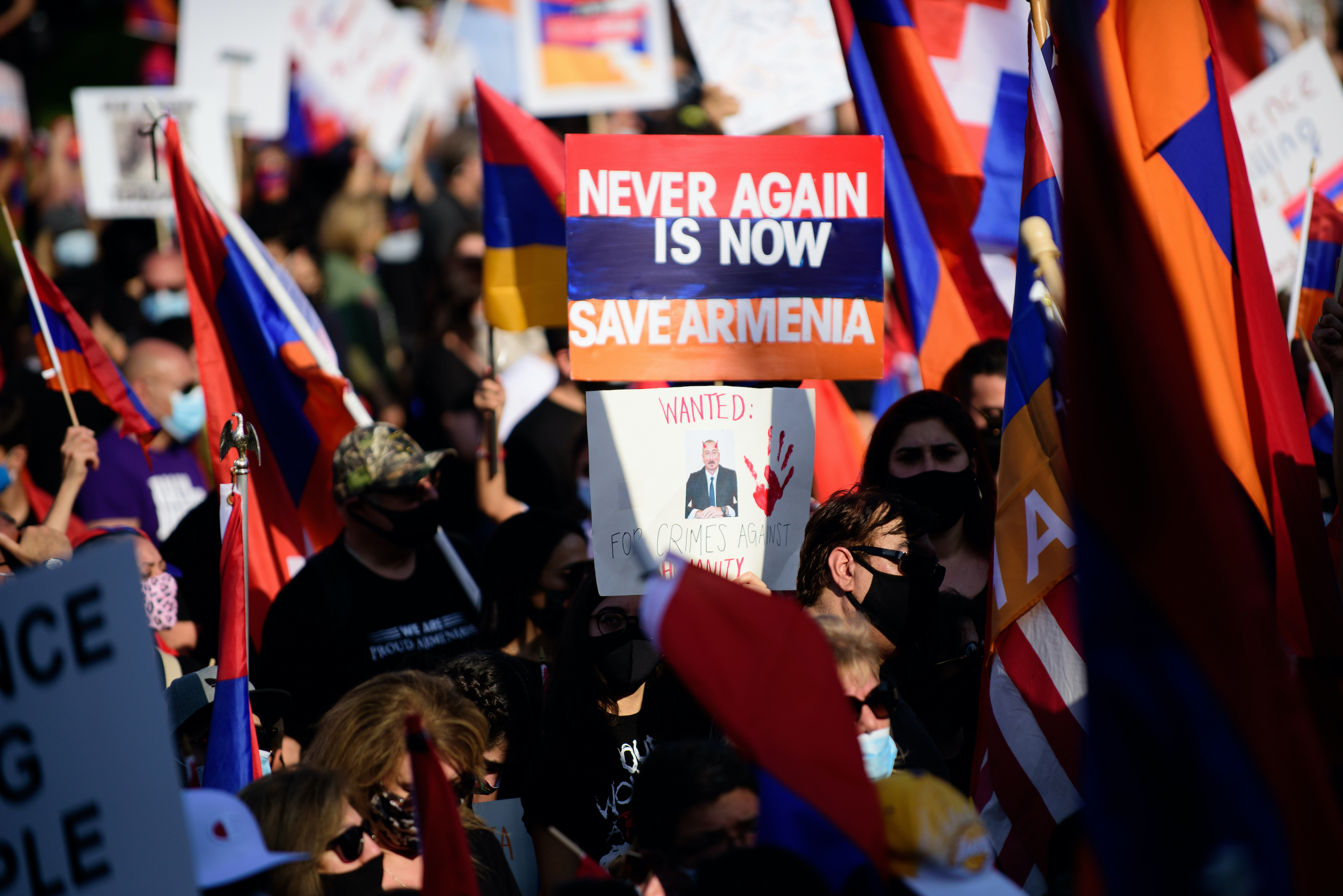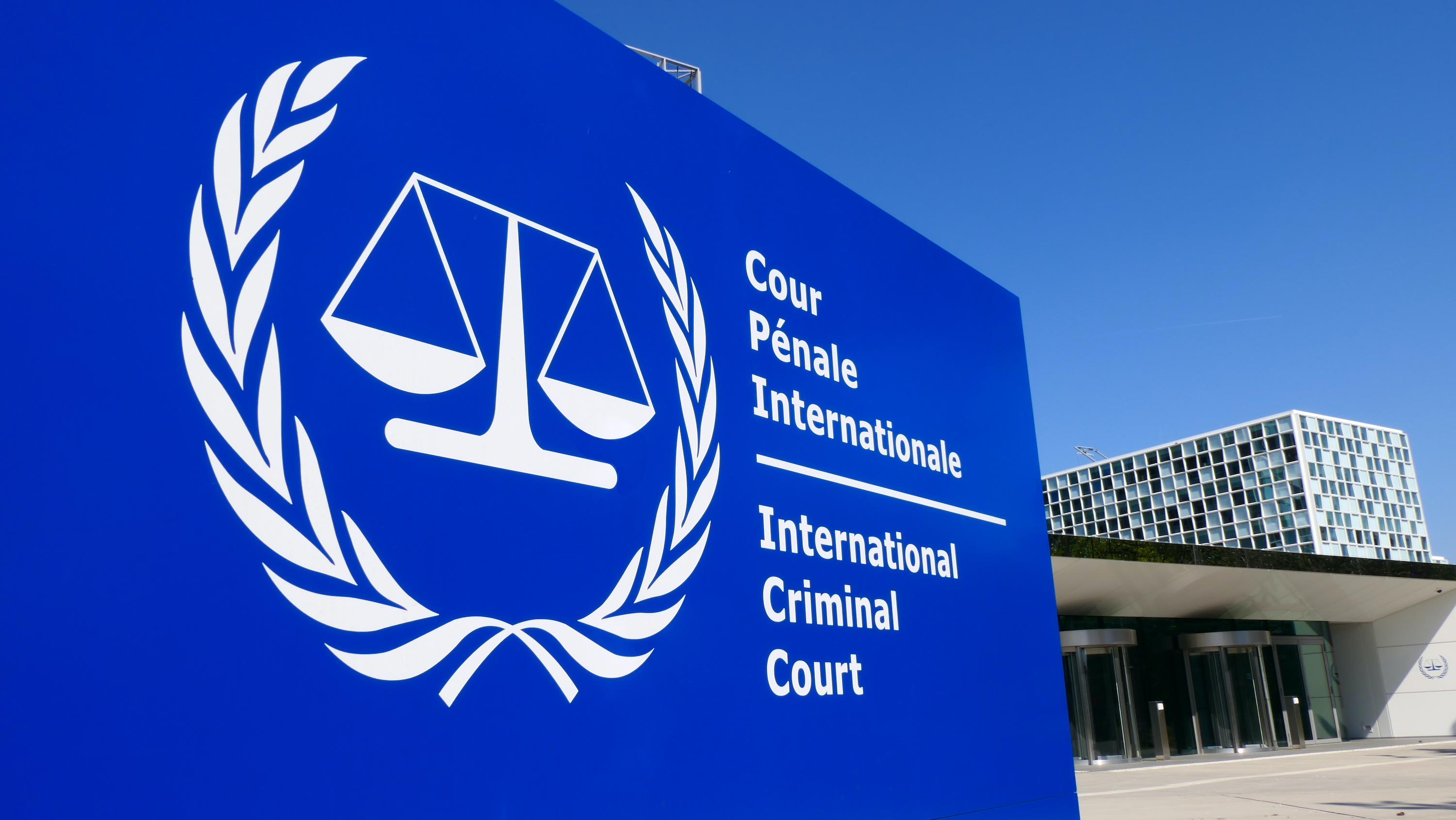A brief history of human rights
Chancellor Kent Professor of Law and History, Yale University
- The modern concept of the “Rights of Man” is born out of the French and American revolutions.
- The first declarations of rights founded new states, but then moved to rights of women, people of ethnic backgrounds and rights to work, health and basic income.
- In the 1960s and 1970s, international movements that demanded human rights rekindled socialist ideals.
A drama with two acts

Photo by JohnKwan
The history of human rights is a drama with two acts. The first act, after the idea of human rights came about in moral philosophy books, is the act about revolution and revolutionary rights, and it is associated in the first instance with the Atlantic revolutions: the American in 1776 and the French in 1789. There’s just no doubt that rights were announced, and indeed they were announced as “natural” in the American case and “human” in the French. In fact, in English, it was due to the French Revolution that one of the instigators of the American Revolution really became one of the first to use the phrase “Rights of Man” when he translated some of the slogans of the French Revolution. If we just think for a minute about the nature of those originally revolutionary rights, we’ll see how different they were from later rights. First of all, they were deployed with a purpose. Their purpose was for people citing their human rights to justify the political renovation of their countries and their redefinition of the nature of their citizenship. In the American case, it was about secession from an empire and the creation of the first post-colonial nation. In the French case, it was about creating first a constitutional monarchy, and then a republic.
A different notion of human rights
What’s significant about these events is how different a notion of human rights, in practice, in politics, results from the notion that becomes more familiar in the 20th century. In the first place, you see that rights are about justifying the foundation of a sovereign state – that is their central function. When Americans announce them in the Declaration of Independence, it is to proclaim a new state to the world. When the French announce them in 1789 in the Declaration of the Rights of Man and Citizen, the purpose is to justify the new form of the French monarchy that would be based on human rights rather than absolute divine right. Secondly, it’s not about the entitlements of foreigners, especially not suffering foreigners, from despotic rulers. Rather, it’s about seizing authority to define our citizenship on our territory amongst our fellow citizens, whether in the American case, by actually creating a new citizenship of the American people, or in the French case, by redefining French citizenship ultimately for the sake of a republic.
The evolution of human rights
That story begins again right after the Atlantic revolutions – in fact, during them – with the claims of blacks, Jews and women to the new kind of citizenship that white males justify in the name of their humanity, while excluding a lot of actual humans. If we wanted to understand the evolution of human rights, we could also look at the content. Thomas Hobbes announced one right, the right to kill, in the state of nature, and give one’s authority to the state and run if the state then pursued you. By the time of the American and French revolutions, there are more rights, including not just John Locke’s right to property, but rights of the criminal process. In France, pioneering in 1793, under the new constitution in a new Declaration of the Rights of Man and Citizen, of the Jacobins, there were economic and social rights to things like education and public relief.
In the 19th century, this evolution, too, continued – especially once a working man’s movements began to claim new kinds of economic rights: things like the right to work, or demanded safe workspaces or limited working hours. However, I think that when we look at a third dimension, we get a very different sense of evolution; in our day, human rights seem to be very different, not just in who the entitled claimants are, and not just in the content of the entitlements, but really much more fundamentally in how we think about the political function of human rights today.
Human rights as entitlements

Photo by Tvertdokhlib
We often think about human rights as entitlements that are most relevant not to our fellow citizens, but to those who are suffering depredations like genocide and poverty abroad. The goal of these new human rights is often not to create the basis of our sovereign state as occurred in the Atlantic revolutions, but, very different, to chasten or even justify interference with the sovereign states of others, especially in the post-colonial world. Finally, violence has been renounced. In the American and French revolutions, rights justified violence. Now we think of human rights as very frequently a non-violent movement that involves small group agitation and litigation. The main question is then: if one looks at the evolution of human rights from this third dimension, when did it emerge? When did the new world of human rights, not the revolutionary one, but our world of individual entitlements across borders, the end of sovereignty, bracketed or even spurned, and violence renounced as a plausible form of change, create a world in which rights are vindicated?
A Universal Declaration of Human Rights
So after World War II, the fledgling United Nations commissioned a new Universal Declaration of Human Rights in 1948. What’s striking, however, is how little effect it had on the world, how unnoticed it went for many decades. I think the reason is that the old notion of rights remains strong. For one thing, the United Nations was based on the impregnable sovereignty of its members; actually, the United Nations itself, when formed in 1945, does almost nothing to anticipate the world of human rights that we know today. The phrase is mentioned in the United Nations Charter, not just in the Universal Declaration three years later, but the organisation and the larger world order of the end of the Second World War is based fundamentally on the idea that there will be states as the foundation that control their territories, and they are immune to outside interference; however, this was still a world of empires – of European empires – and there was another set of new claimants to the old ideas of the Atlantic revolutions. Those were the nationalist movements of what becomes the post-colonial world. So, what you might say is that the last gasp of the earlier first notion of human rights is the process of decolonisation, which multiplies states and brings the idea of territorial sovereignty to the ends of the earth.
Recapturing the idealism of socialism
There was a pivotal moment in the 1960s and 1970s when human rights became a moral lingua franca in the international system. I think the reasons are multiple. I’ll just name two of the biggest factors in this later period and the Cold War. One is the exhaustion of nationalism. As nationalism has multiplied the number of states and spread sovereignty to the end of the earth, it’s clearer and clearer, especially to people in the global north, that the new states did not seem to be living up to their promise. The reason was that sovereignty has this dark side. It’s very interesting to consider why, even though the American Revolution was extraordinarily violent and led to the expulsion of tens of thousands – namely the British loyalists on the losing side – the French Revolution was also notoriously violent, not least in the phase of terror. No international human rights movement, no United Nations, no international law protecting rights, was set up in response. So you might conclude that it was only when the wrong kinds of people, non-whites in the post-colonial world, claimed sovereignty that some people concluded sovereignty was problematic. Secondly, socialism began to die as an ideal. Its apogee was in the 1960s and 1970s, but it became tarnished for a variety of reasons. So, in the global north, as well as increasingly in the global south, it came to seem as if there could be no humane form of socialism. After 1968, many people who had been socialists began to adopt and embrace the idea of human rights as a new slogan that would capture and recapture some of the idealism of socialism without incurring some of the costs and risks.
This high ideal of human rights

Photo by Friemann
The first constitutions that make a lot of explicit room for human rights are actually Eastern European constitutions after World War I, in countries that are growing up on the ruins chiefly of the Russian empires – old territories, as well as the German and Austro-Hungarian empires. For a long time, there’s no international law that protects human rights. No one thinks there ought to be such a thing, with some limited exceptions, because the purpose of international law in contradistinction to national constitutions is not to protect individuals, but to allow states to make agreements with one another for the sake of their nations and their peoples, which we understand as collectives. So once again, the burning question is, how did it become possible for international law to become so closely associated in the popular mind, and indeed in real politics, with this high ideal of human rights? My own view is that we should not look after World War II, when very few people knew or cared about the Holocaust, having done very little to keep it from happening, and more in the era of the 1970s through 1990s, when suddenly it becames plausible that we could invent an international law that would protect the rights of individuals even when their states went wrong.
Discover more about
Modern concepts of human rights
Moyn, S. (2012). The Last Utopia: Human Rights in History. Harvard University Press.
Moyn, S. (2018). Not Enough: Human Rights in an Unequal World. Harvard University Press.